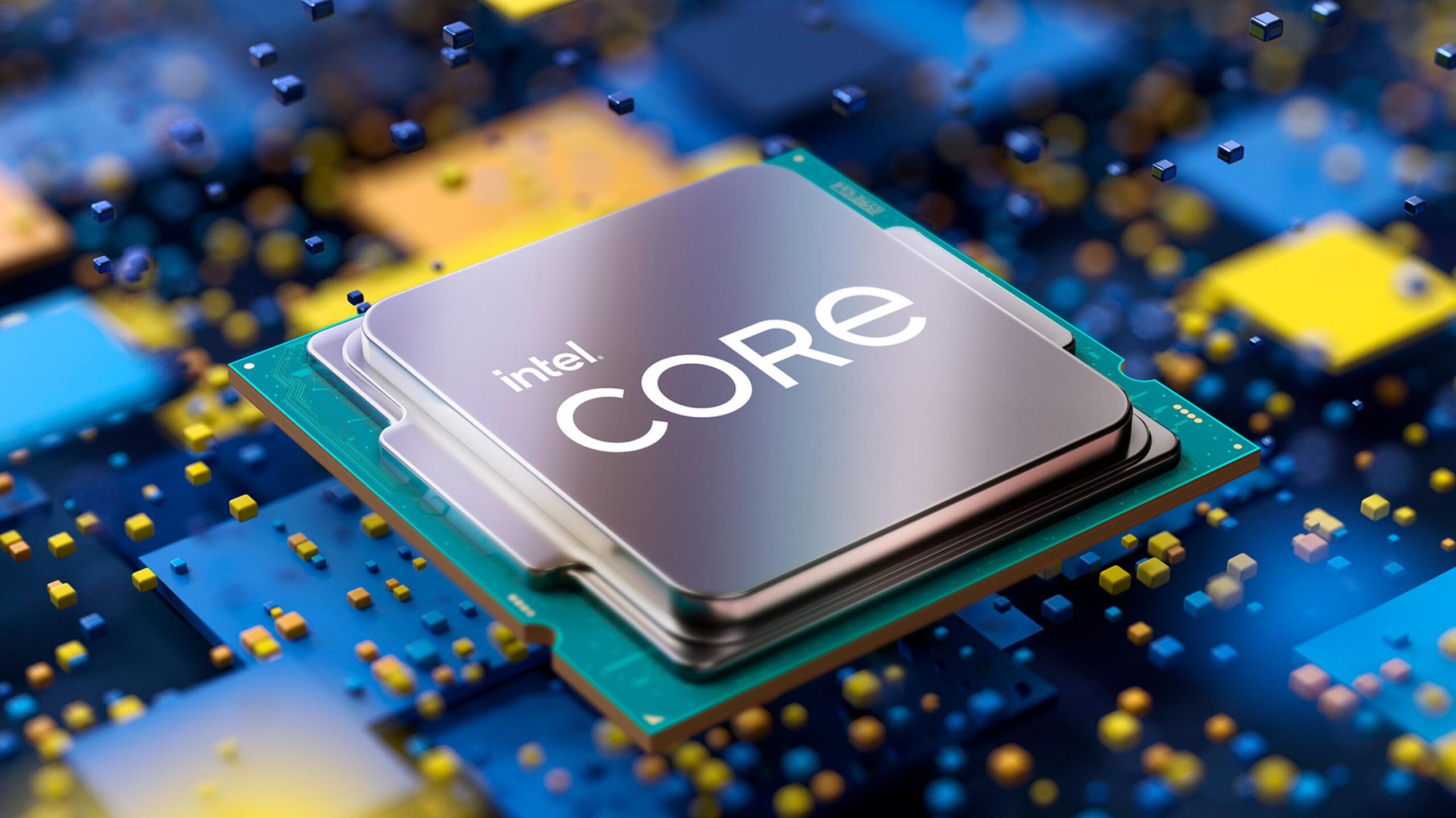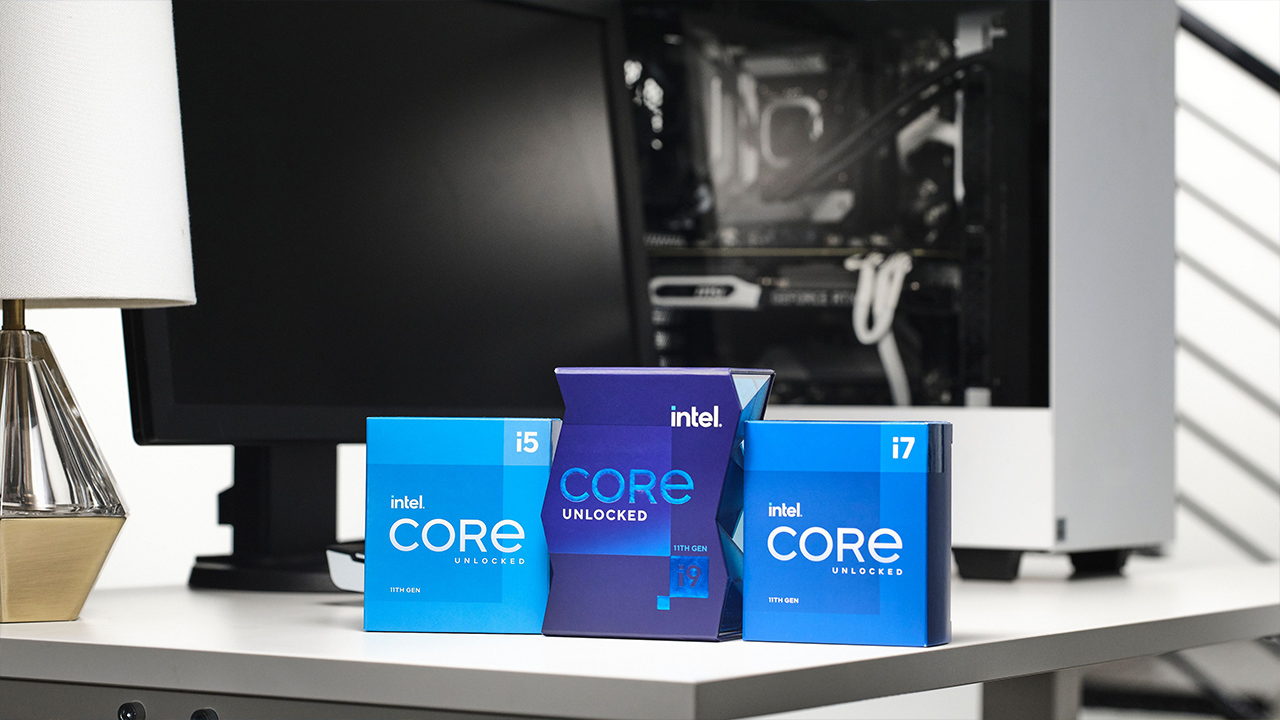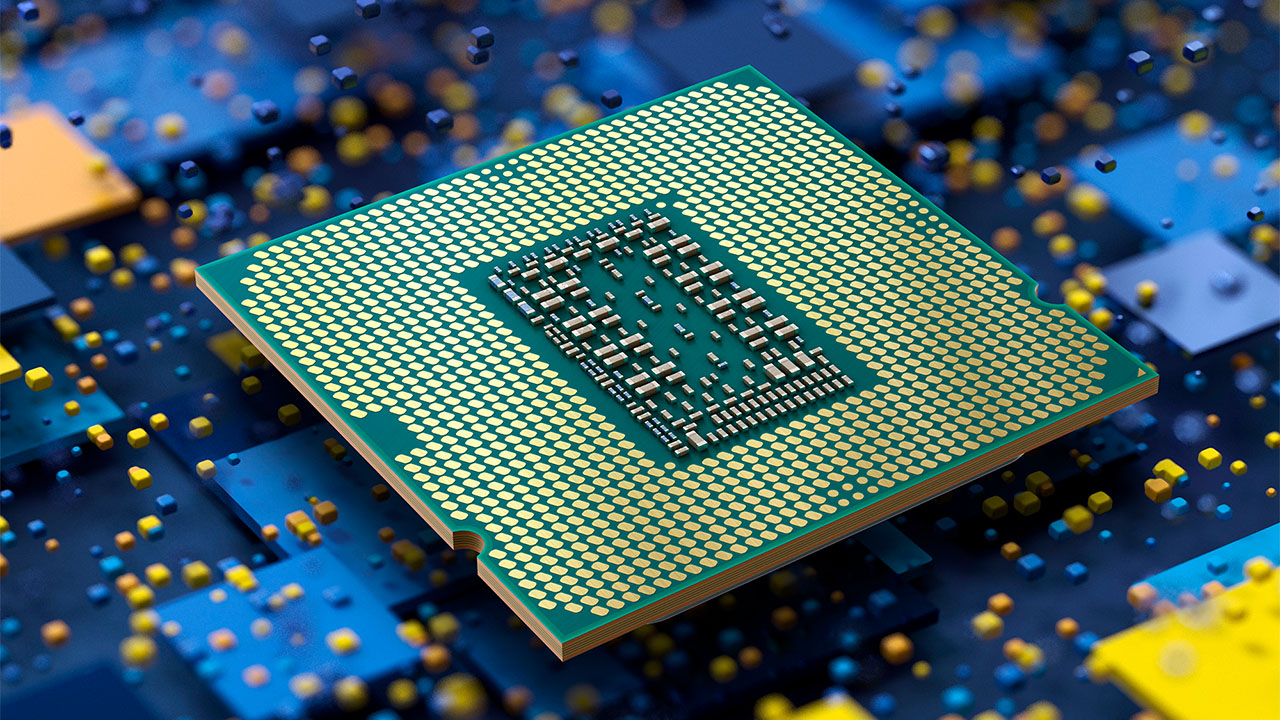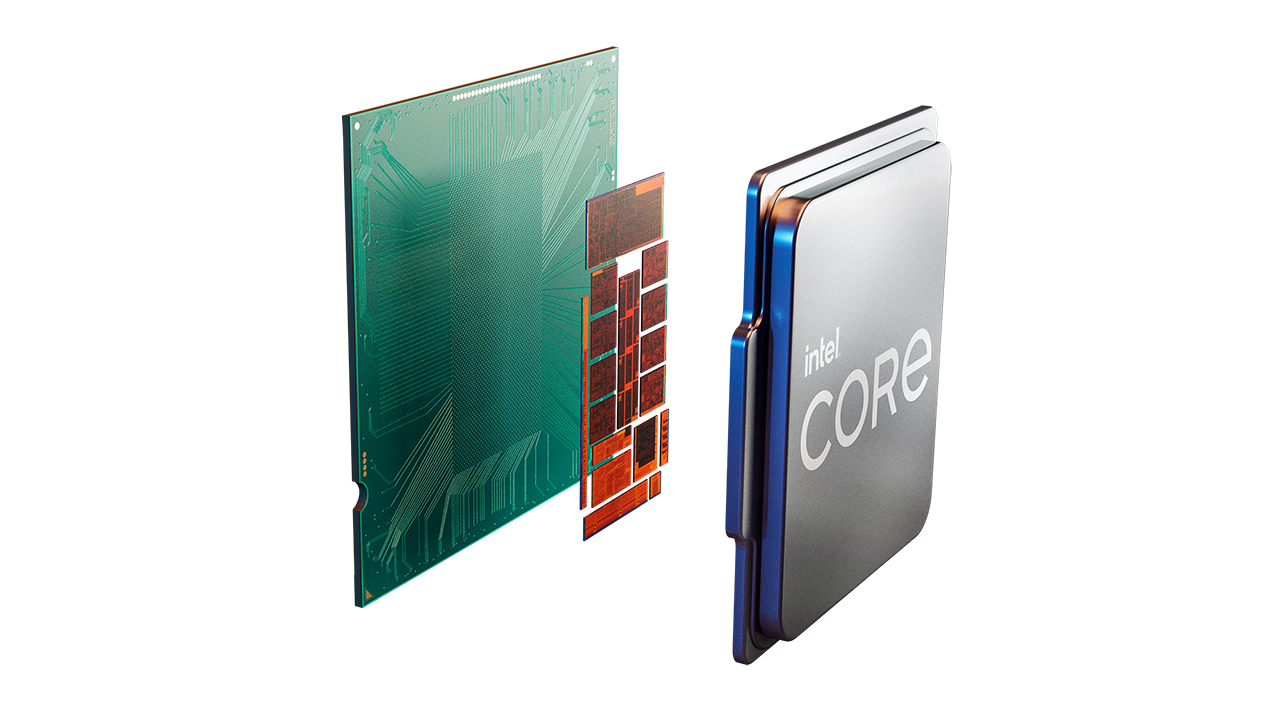
Intel finally shared all the details of its latest set of desktop CPUs, the 11th Gen Core (code-named Rocket Lake-S) processors.
Engineered on the new Cypress Cove architecture, Intel says the new line of desktop CPUs is great for gaming and more thanks to faster speeds and up to 19 percent improved instructions per cycle (IPC) compared to last gen. IPC is a measure of how many instructions the processor can complete with each clock cycle.

Intel says the improved IPC comes thanks to the new Cypress Cove architecture, which blends the core architecture from Intel’s 10th Gen Ice Lake mobile ships with the Intel Xe graphics architecture from its 11th Gen Tiger Lake mobile chips.
Other improvements arriving with Intel’s desktop CPUs with the 11th Gen Rocket Lake-S line include up to 50 percent better integrated graphics performance and Intel UHD graphics featuring the Xe architecture. There’s also Intel’s Deep Learning Boost and Vector Neural Network Instructions support and a suite of enhanced overclocking tools for enthusiasts who like to tune their hardware for the best possible performance.

Intel highlighted the Core i9-11900K, essentially the ‘flagship’ of the 11th Gen desktop line. Boasting a clock speed of up to 5.3GHz, eight cores, 16 threads and 16MB of Intel Smart Cache, along with support for DDR4-3200 RAM, the 11900K leads the pack of new CPUs.
For overclocking, the 11th Gen desktop processors offer some powerful new tools. First and foremost is the ability to tweak RAM frequency in real-time right in Windows.
Finally, the new CPUs utilize Intel’s Thermal Velocity Boost (TVB). The feature can automatically increase both single-core and multi-core clock frequencies above typical Turbo Boost frequencies based on how far below maximum temperature the processor is operating at and how much turbo power budget is available.

Overall, the new CPUs sound impressive, although it remains to be seen how they stack in real-world tests. Considering Intel’s still using its 14nm process for these chips, it’ll be interesting to see how much extra performance the Cypress Cove changes will bring to the table, and whether it’ll be enough to keep AMD’s Ryzen 5000 chips at bay.
You can learn more about Intel’s 11th Gen desktop CPUs on the company’s website.
MobileSyrup may earn a commission from purchases made via our links, which helps fund the journalism we provide free on our website. These links do not influence our editorial content. Support us here.


